Physical Address
304 North Cardinal St.
Dorchester Center, MA 02124
Physical Address
304 North Cardinal St.
Dorchester Center, MA 02124
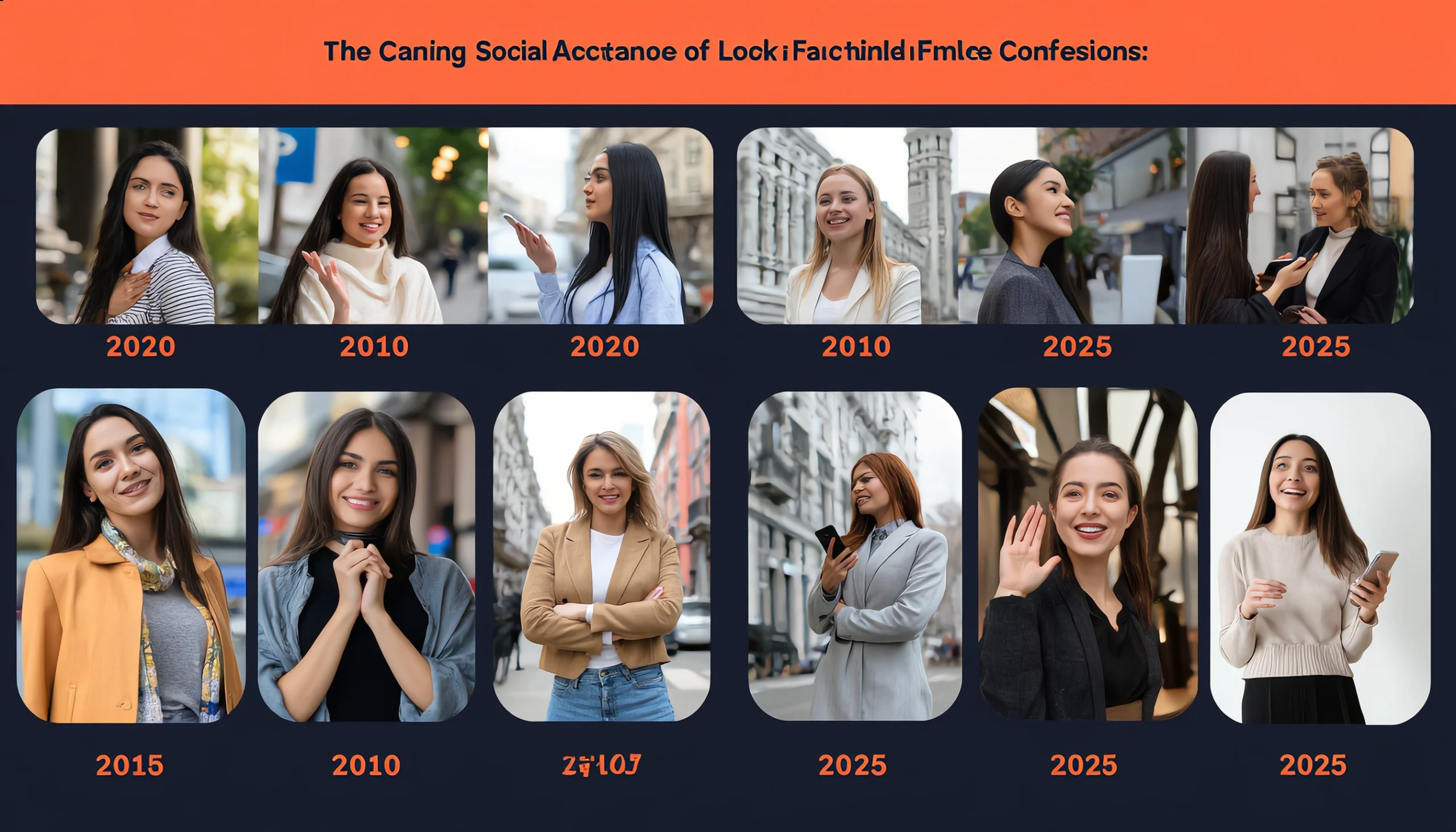
In the realm of romance, the traditional narrative has long been one where men take the lead in pursuing women. However, in recent years, there has been a notable shift in this dynamic, with an increasing number of women bravely stepping forward to initiate relationships. This article delves into the changing social acceptance of female – initiated confessions from 2010 to 2025, exploring the factors contributing to this shift and its implications.
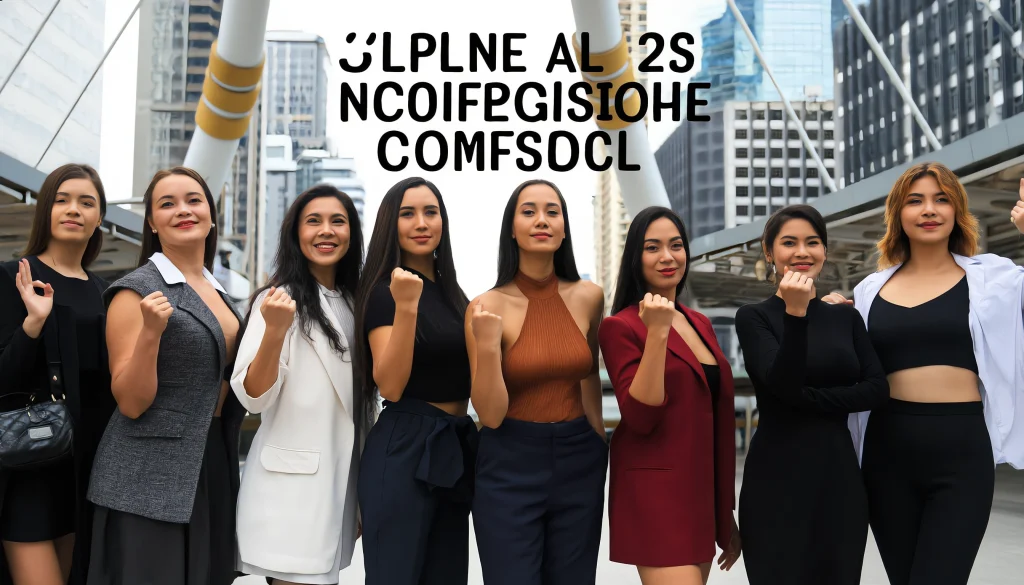
Historically, society has placed certain expectations on gender roles in courtship. Women were often expected to be passive and wait for men to make the first move. This was ingrained in cultural norms, with concepts like “ladylike behavior” emphasizing modesty and restraint in matters of the heart. For example, in many cultures, it was considered inappropriate for a woman to openly express her romantic feelings for a man. This traditional view was not only a social construct but also had a significant impact on individuals’ love lives. Many women suppressed their true feelings, fearing social judgment or rejection if they deviated from the expected norm.
As we entered the second decade of the 21st century, signs of change started to emerge. Social media platforms were rapidly growing in popularity, providing a new space for people to connect and express themselves. This digital revolution played a role in challenging traditional gender norms in courtship. Women began to share their experiences of taking the initiative in relationships on these platforms, normalizing the idea of female – initiated confessions.
In 2010, a study by a leading relationship research institute found that only about 30% of women surveyed said they would be comfortable making the first move in a romantic situation. However, this number was on the rise. By 2013, this percentage had increased to around 35%. The increase, although seemingly small, was a sign of a growing trend. The media also started to play a part, with some TV shows and movies portraying strong, independent female characters who were not afraid to pursue their love interests. These portrayals influenced public perception and made female – initiated confessions seem more acceptable.
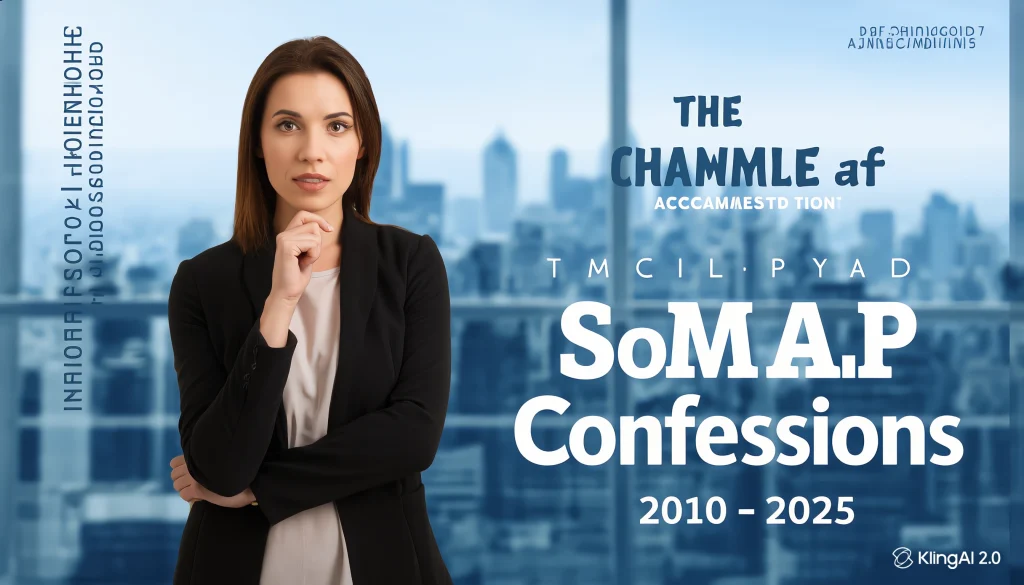
The period from 2014 to 2018 witnessed an acceleration in the acceptance of female – initiated confessions. The global conversation around gender equality was gaining momentum, with movements like #MeToo highlighting the need for women to have more control over their lives, including their love lives. As a result, more women felt empowered to break free from traditional gender roles.
A large – scale survey in 2016, which polled over 10,000 individuals across different age groups and cultures, showed that 45% of women now reported being willing to initiate a relationship. Moreover, an astonishing 70% of men surveyed said they would be receptive to a woman making the first move. This significant increase in both female willingness and male acceptance was a clear indication of a changing social attitude. Dating apps also became increasingly popular during this time. These apps often had features that allowed women to initiate conversations, further normalizing female – led interactions in the dating world.
In the most recent years, from 2019 to 2025, female – initiated confessions have become an almost normalized part of modern courtship. By 2020, a research project found that over 60% of women were open to confessing their feelings first. This number had climbed to nearly 65% by 2025. The younger generation, in particular, has been at the forefront of this change. For millennials and Gen Z, gender equality is a core value, and this is reflected in their approach to relationships.
There are several factors contributing to this continued growth. The rise of feminism and the increased visibility of strong female role models in various fields have emboldened women to assert themselves in romantic relationships. Additionally, the concept of “dating equality” has become more mainstream. People are now more likely to view relationships as partnerships based on mutual respect and equal participation, regardless of gender.
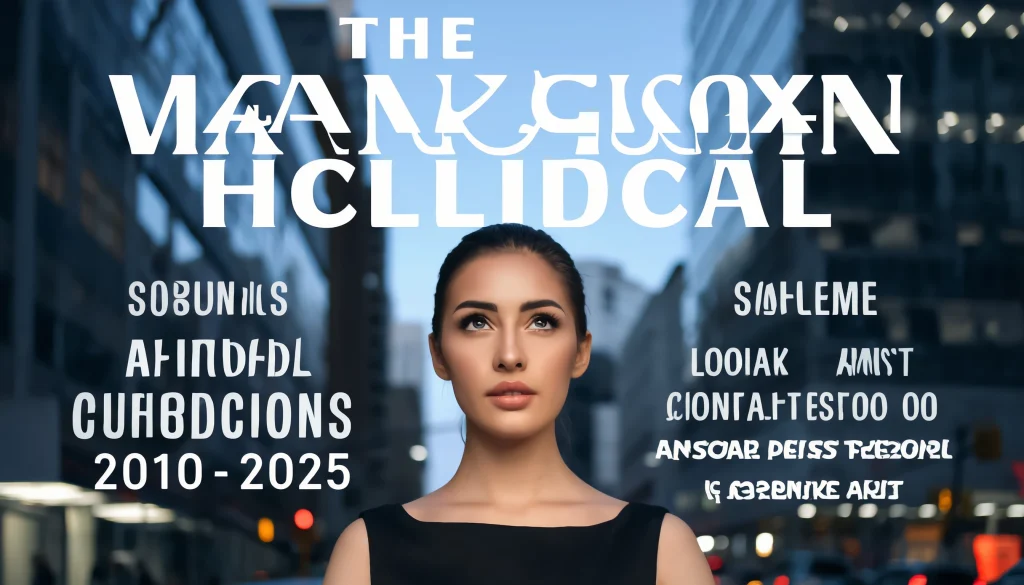
The evolving understanding of gender roles is a fundamental factor. As society moves towards more gender – neutral norms, the idea that only men should initiate relationships is being challenged. Women are no longer bound by the old – fashioned idea of waiting for a man to “rescue” them romantically. They are seen as equal partners in all aspects of life, including love.
Increased educational opportunities for women have played a crucial role. Educated women are more likely to be confident in expressing their desires, including romantic ones. They are also more likely to have a broader perspective on life and relationships, understanding that traditional gender roles do not necessarily lead to healthy or fulfilling partnerships.
The media and pop culture have been powerful agents of change. From female – led romantic comedies to empowering music lyrics, the portrayal of women taking charge of their love lives has become more common. This has not only inspired real – life women but has also influenced the way society perceives female – initiated confessions.
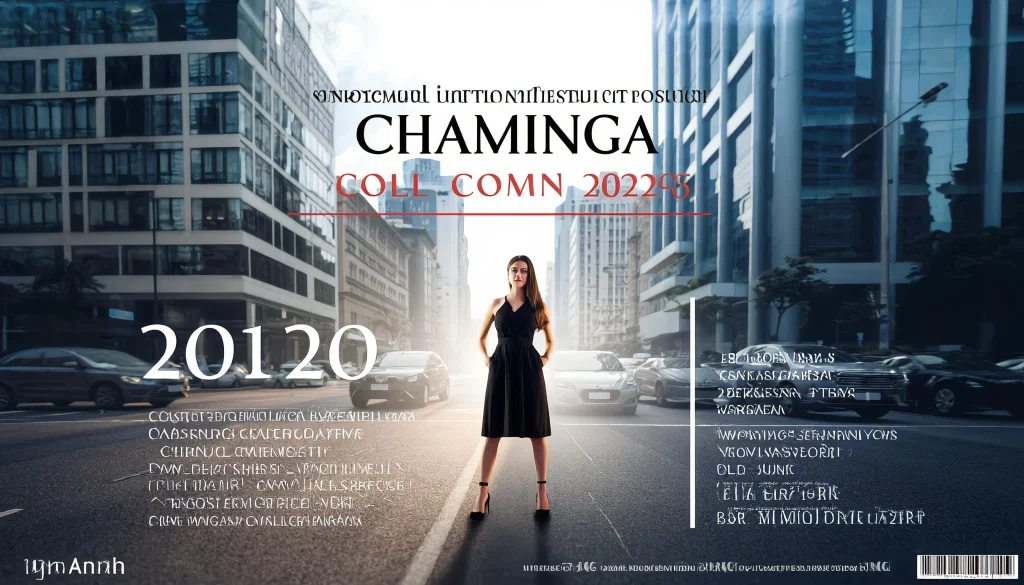
When women feel free to express their true feelings, relationships are more likely to be based on authenticity. This can lead to deeper connections and more fulfilling partnerships. For example, if a woman has a crush on a man and is able to tell him, they can start building a relationship based on her genuine interest, rather than on a more contrived pursuit by the man.
Female – initiated confessions also expand the dating pool for both genders. Men who may have been hesitant to approach women now have the opportunity to connect with women who are interested in them. This can lead to more diverse and unexpected pairings, enriching the dating landscape.
Finally, the increasing acceptance of female – initiated confessions helps to break down gender stereotypes. It challenges the long – held belief that women are the passive recipients in romantic relationships and men are the active pursuers. This, in turn, can have a positive impact on gender relations in all areas of life.
In conclusion, the period from 2010 to 2025 has seen a remarkable shift in the social acceptance of female – initiated confessions. What was once considered a deviation from the norm has now become an accepted and even celebrated part of modern courtship. This change is a testament to the power of social change, the influence of media, and the growing demand for equality in all aspects of life, including love.